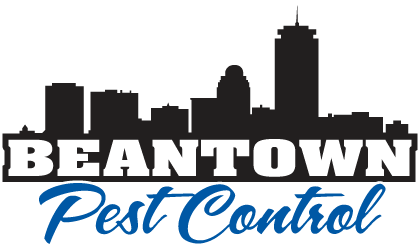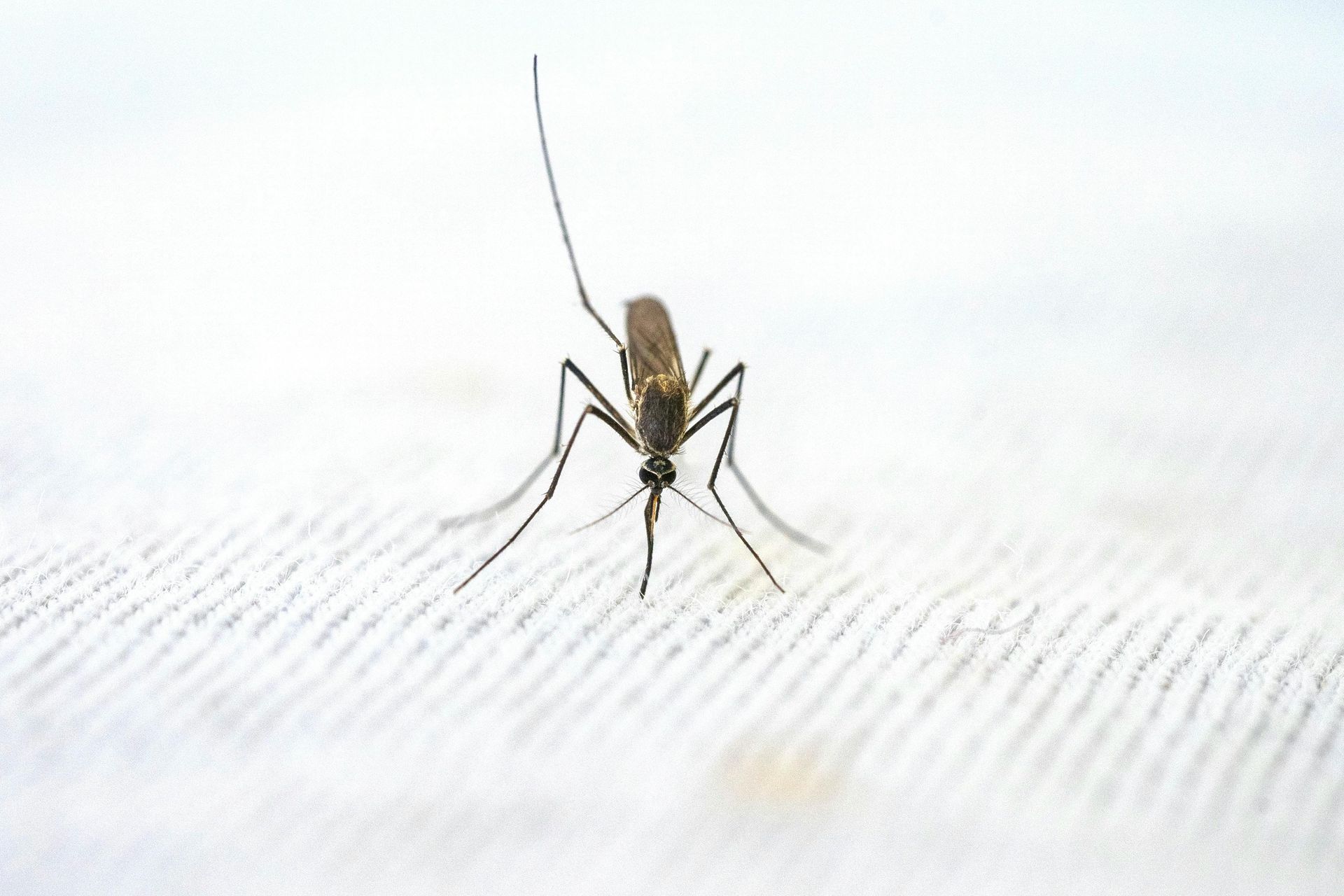Blog

When most homeowners suspect a pest problem, they look for the obvious: a mouse darting across the floor, a trail of ants on the counter, or a spider web in the corner. While these sightings are important, they are often just the final stage of an infestation that has been building for weeks. A professional pest inspection is fundamentally different from a quick DIY walkthrough. While you are looking for the pests themselves, we are looking for the why and the how . In the older, historic neighborhoods of Boston and the North Shore , structural quirks and environmental conditions often hide the real story. Here is what a professional looks for that the average homeowner usually misses. 1. Structural Vulnerabilities and "Micro-Entries" Homeowners typically check for open windows or large holes, but a professional knows that pests don't need a front door. The Quarter-Inch Rule: A mouse can squeeze through a gap the size of a dime, and a rat only needs a hole the size of a quarter. We inspect the "transition zones"—where the siding meets the foundation or where the roofline meets the soffits—for tiny gaps that homeowners overlook. Utility Penetrations: We look closely at where pipes, electrical wires, and gas lines enter your home. Over time, the sealant around these lines can crack or fall away, creating a direct highway into your utility room or kitchen. 2. Evidence of "Harborage Zones" Pests spend 90% of their time hiding, not roaming. A professional knows where they "harbor" or nest when they aren't looking for food. Wall Voids and Insulation: We look for subtle signs like compressed insulation or small grease marks (rub marks) along floorboards, which indicate a frequent travel route for rodents behind your walls. Motor Compartments: Cockroaches and silverfish are drawn to the warmth of appliance motors. We check behind and beneath refrigerators, dishwashers, and ovens—areas that are rarely moved during standard cleaning. 3. Conducive Conditions (The "Why") An inspection isn't just about finding bugs; it’s about finding what’s attracting them. We look for "conducive conditions" that act as a magnet for New England pests. Hidden Moisture: Even if your basement feels dry, a small leak in a crawl space or condensation on a hidden pipe can provide enough water to sustain a massive colony of termites or carpenter ants. Earth-to-Wood Contact: We check the exterior for mulch, soil, or firewood piles that are touching your home's siding. This creates a bridge that allows wood-destroying insects to bypass your foundation and enter your home's structure directly. 4. The Difference Between Inspection and Treatment It is a common myth that a pest inspection is just the first five minutes of a treatment. In reality, the inspection is the most important part of the entire process. Without a thorough evaluation, "treatment" is just guessing. By identifying the specific species, their entry points, and their food sources, we can create a targeted plan . This results in using fewer products more effectively, ensuring the safety of your family and pets while solving the problem at its root. Why Professional Eyes Matter in Massachusetts The architecture of Greater Boston presents unique challenges. Our technicians are trained to understand the specific habits of local pests and the structural weaknesses common to our housing stock. Stopping a pest problem is about more than just setting a trap; it’s about outthinking the intruder. 📞 Call Beantown Pest Control today at 781-443-3869 or visit www.beantownpest.com to schedule a professional inspection. Let us find what you’ve been missing and protect your home for the long term.
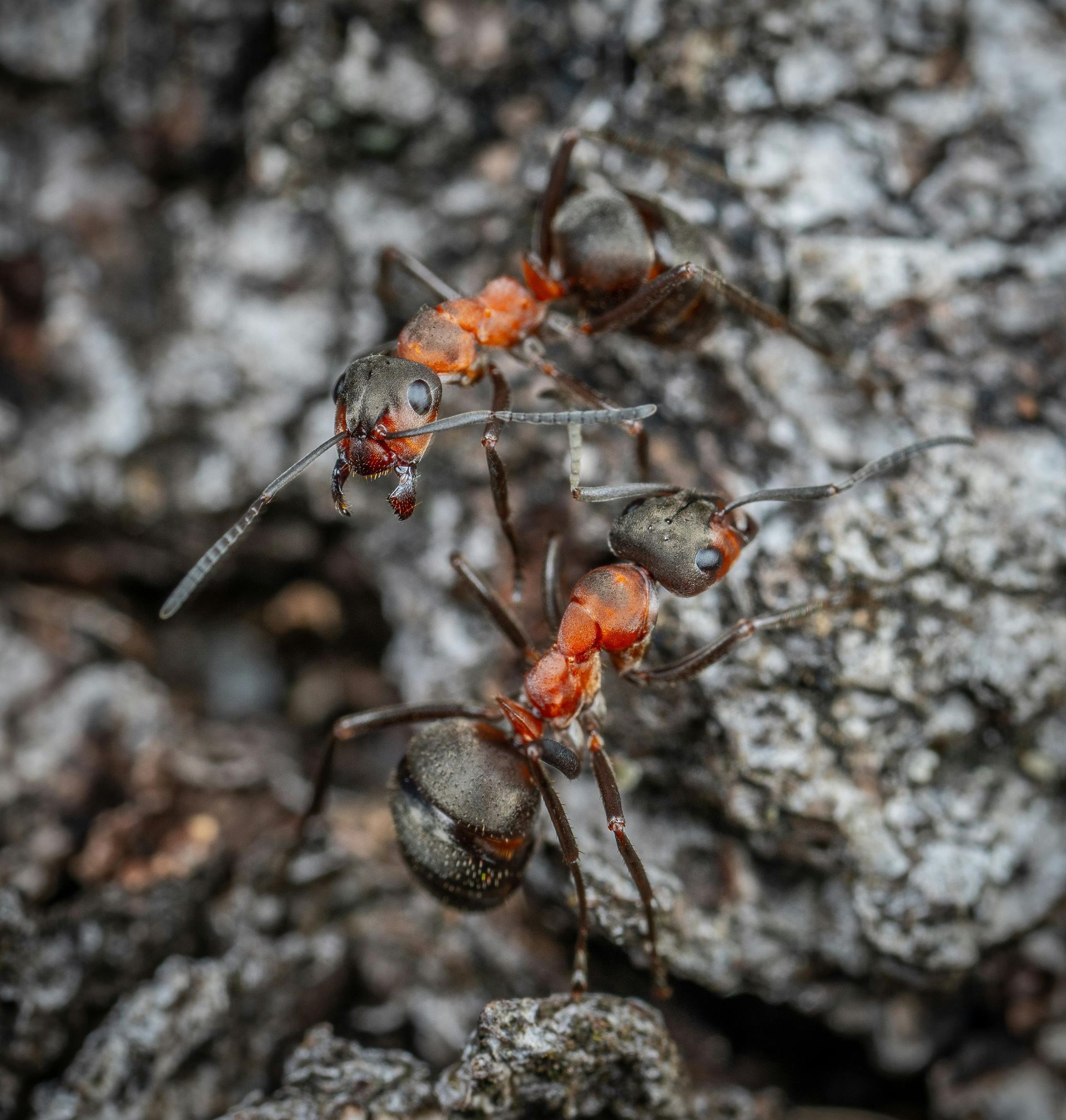
In Massachusetts, we don’t just have weather; we have drastic shifts that redefine how we live in our homes. From North Shore humidity to the first deep freeze in Boston, every swing in the weather sends a signal to local pests. Understanding these patterns is the key to staying one step ahead of an infestation. The Fall Push: The Great Migration Fall is the most critical window for indoor invasions. As the first frost hits, both rodents and insects begin a desperate search for stable temperatures. Mice don't wait for snow to find a home; they start scouting entry points in September. By the time you turn your heat on, many have already established nests behind appliances or in attics. Winter: The Effects of Heating and Snow Once winter settles in, your home becomes a climate-controlled oasis. However, the way we heat our homes creates specific vulnerabilities: The Moisture Trap: Melting snow against a foundation creates damp perimeters. This moisture often seeps into basements, attracting silverfish, spiders, and centipedes looking for humidity. HVAC Highways: Heating ducts act as warm, protected tunnels. Gaps where these systems meet the outdoors provide pests a direct highway into your living spaces. Pantry Pressure: With outdoor food sources frozen, rodents become bolder, aggressively targeting pantries and pet food bins. Spring: The Moisture Surge Massachusetts spring brings heavy rain and melting snowpack. This surge of moisture triggers "swarm season" for termites and awakens carpenter ants. These pests specifically target wood softened by winter moisture or ice dams. If your home has any water damage from the winter, it becomes a primary target for new colonies. Why Year-Round Plans Outperform Reactive Treatments Many homeowners only call for help when they see a bug, but a reactive approach is often too late. By the time you see a mouse in January, it has likely been in your walls since October. A year-round plan intercepts these migrations before they reach your living space: Spring: Building barriers against emerging ants and termites. Summer: Managing peak populations of stinging insects and ticks. Fall: Focused "exclusion"—sealing the tiny gaps rodents use to enter. Winter: Monitoring hidden interior areas like basements and crawl spaces. Staying Ahead of the Seasons At Beantown Pest Control, we understand the relationship between the New England climate and pest biology. We know what local pests are doing every month of the year, ensuring your home remains a sanctuary through every Nor'easter and heatwave. 📞 Call Beantown Pest Control today at 781-443-3869 or visit www.beantownpest.com to learn more about our seasonal protection plans. Here is the draft for the third blog, focused on transparency and professional insight.
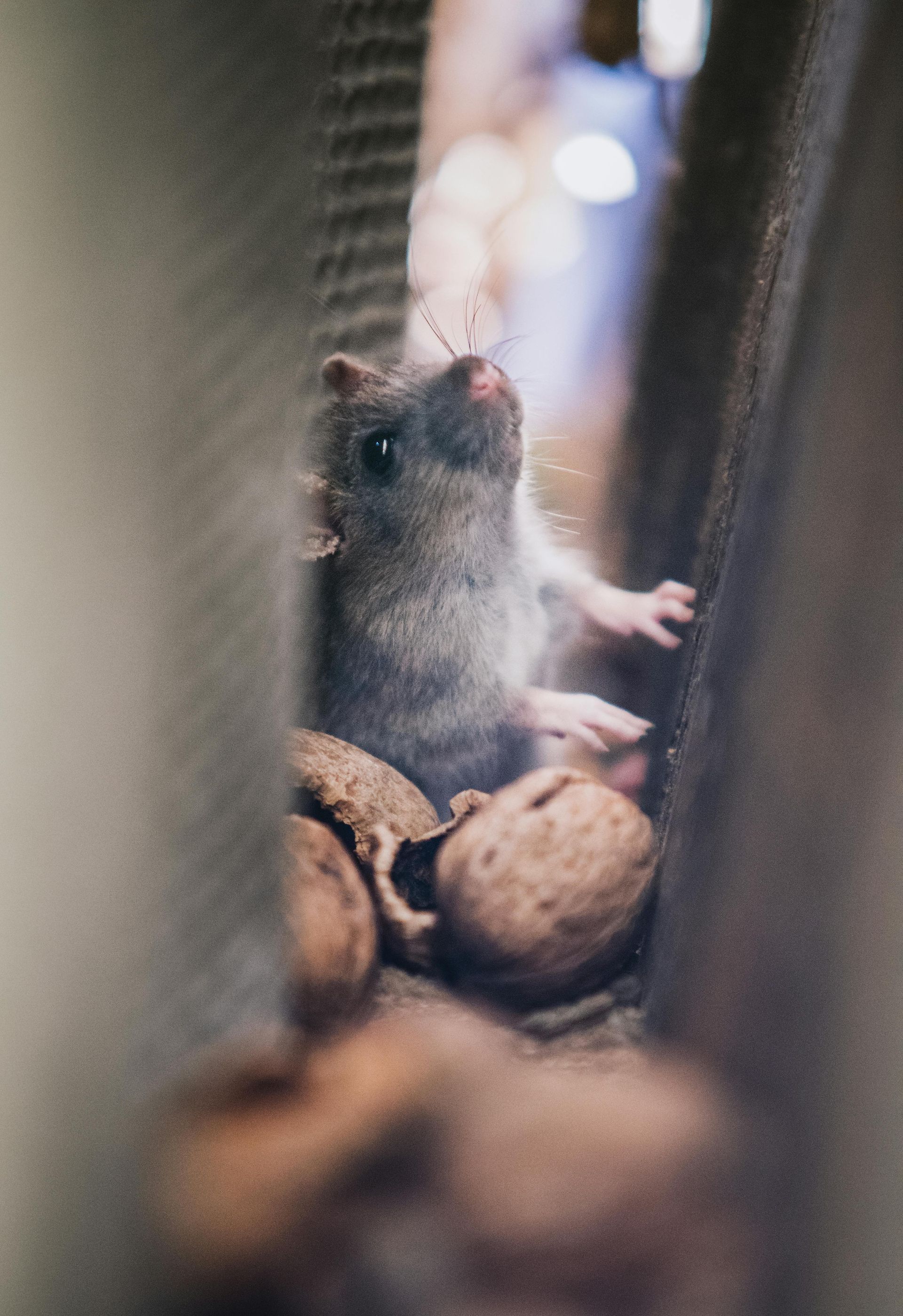
If you’ve ever spotted a trail of ants in your kitchen or heard a scratching sound in the walls, your first instinct was probably to head to the hardware store. You grab a can of spray, some traps, or a "bug bomb," and for a few days, it seems to work. Then, like clockwork, they’re back. It’s a frustrating cycle that many homeowners across Massachusetts face. The truth is, DIY pest control often treats the symptoms rather than the disease. Here is why those recurring pest problems keep happening—and why a professional approach is the only way to break the cycle. 1. You’re Only Seeing the "Front Line" Most DIY products are designed to kill the pests you can see.The problem? For every cockroach or ant you spot on your counter, there are hundreds more hidden behind your baseboards, inside your walls, or beneath your floorboards. The "Scout" Problem: When you spray a line of ants, you’re only killing the scouts. The colony remains safe and sound, and they will simply find a new path into your kitchen within days. The Hidden Nest: Professional-grade treatments are designed to be taken back to the nest, eliminating the source of the infestation rather than just the visible intruders. 2. The "Scattering" Effect One of the biggest mistakes homeowners make is using over-the-counter foggers or high-odor sprays. These often act as a repellent rather than a true eliminator. When you use these products, pests—especially cockroaches and bed bugs—detect the chemical and scatter. They retreat deeper into the structural voids of your home or even move into a neighbor’s unit in a multi-family building. Once the smell fades, they move right back in, often more spread out and harder to reach than before. 3. Missing the New England Structural Gaps Our homes in the Greater Boston area and the North Shore have character, but they also have age. Older foundations, settled door frames, and aging utility lines create "pest highways" that are invisible to the untrained eye. Structural Entry Points: A DIY spray can’t fix a gap in your foundation or a missing seal around a pipe. The Beantown Difference: We focus on exclusion . This means we don't just kill the pests inside; we identify the structural flaws allowing them to get in and help you seal them off for good. 4. Ignoring Seasonal Cycles In Massachusetts, pest control isn't a one-and-done event; it's a seasonal strategy. The Fall Scout: Mice don't just appear in November; they scout your home in the late summer. The Spring Wake-up: Carpenter ants might be quiet in the winter, but they are already nesting in your damp wood. DIY treatments rarely account for these biological cycles. Professional prevention plans ensure that your home is protected before the next wave of seasonal pests arrives. Break the Cycle with Beantown Pest Control Stop spending money on hardware store "solutions" that only provide temporary relief. At Beantown Pest Control, we prioritize finding the root cause of your infestation. We combine local expertise with family-safe, professional-grade treatments to ensure that once pests are gone, they stay gone. Expert Inspection: We find the nests and entry points you can't see. Root-Cause Elimination: We use advanced methods that target the entire colony. Long-Term Prevention: We provide custom plans to proof your home against the next season’s invaders. Don't let a small pest problem become a recurring nightmare. 📞 Call Beantown Pest Control today at 781-443-3869 or visit www.beantownpest.com to schedule an inspection and get it done right the first time.
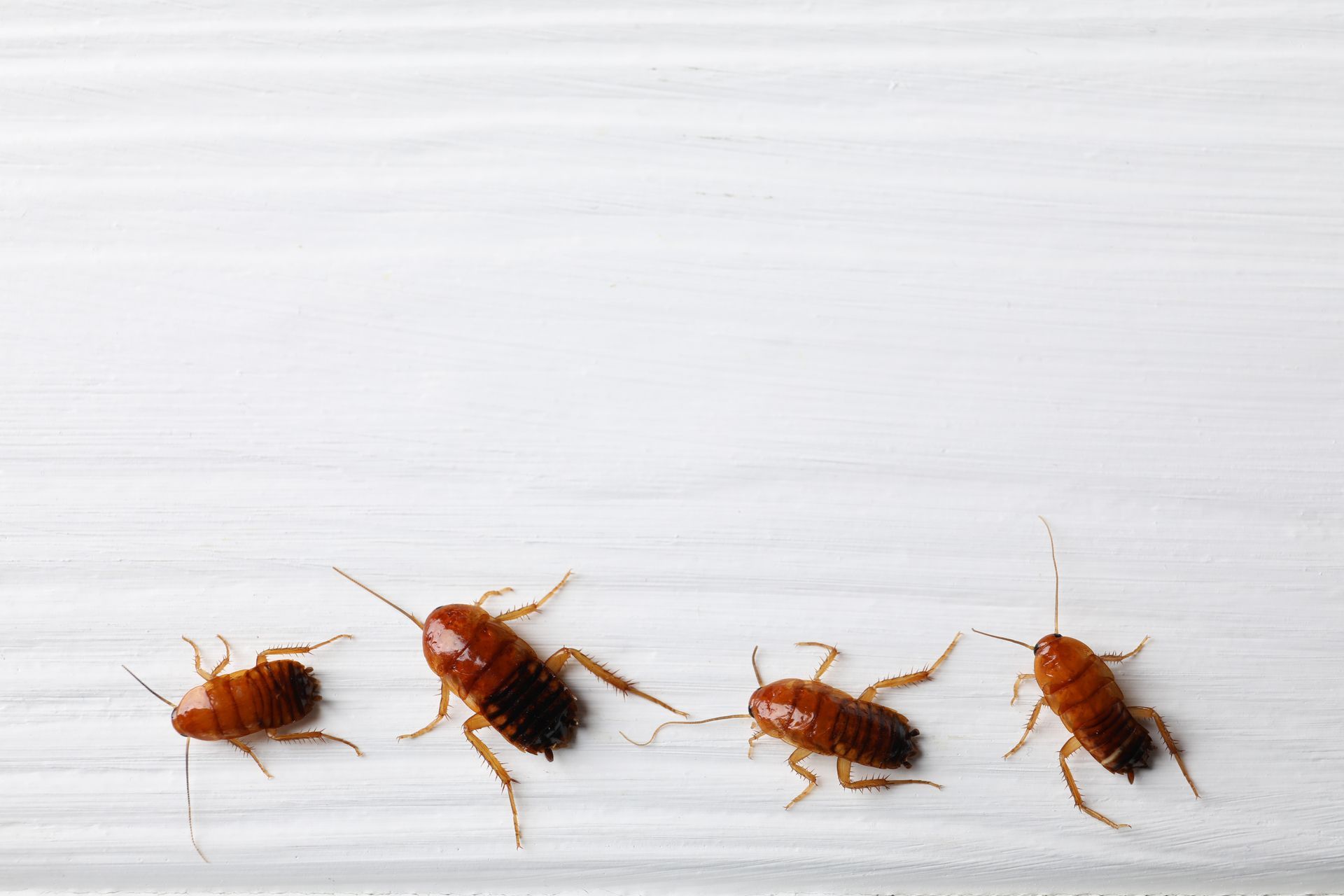
The internet is full of do-it-yourself solutions for pest problems. From vinegar sprays to essential oils, there’s no shortage of “home remedies” for cockroaches and bed bugs—but how effective are they really? In this blog, we’ll break down some of the most common myths and explain why professional treatment is still the safest, fastest, and most effective option. Myth #1: You Can Get Rid of Bed Bugs with Essential Oils Reality: Essential oils like tea tree or lavender may repel insects to some extent, but they won’t eliminate a bed bug infestation. Bed bugs hide deep in mattresses, baseboards, outlets, and behind walls. A surface spray won’t reach them, and you’ll just give them time to multiply. Myth #2: DIY Foggers Will Kill All the Cockroaches Reality: Over-the-counter foggers (bug bombs) are often ineffective—and can actually make the problem worse. Cockroaches will scatter and hide deeper inside walls and appliances, making future treatment more difficult. Plus, foggers leave toxic residue behind without addressing the root cause of infestation. Myth #3: Diatomaceous Earth Is All You Need Reality: While diatomaceous earth (DE) can be a helpful tool in professional pest control plans, using it improperly can be dangerous and ineffective. DE must be placed in dry, specific areas—and it doesn’t work instantly. Many homeowners overuse it or apply it in areas where pests won’t even walk. Myth #4: You Can Freeze Bed Bugs to Death Reality: It’s true that extreme cold can kill bed bugs, but it requires very specific conditions. Simply leaving infested items outside in the winter won’t cut it unless temperatures are below zero for several days. Bed bugs are incredibly resilient and require precision to eradicate. Why DIY Isn’t Worth the Risk You risk spreading the infestation You may waste time and money Improper use of chemicals can harm pets and people You delay getting the real help you need What You Should Do Instead At Beantown Pest Control, we use professional-grade equipment and proven treatment methods tailored to each situation. Whether you’re dealing with cockroaches, bed bugs, or both—we’ll get the job done right the first time. 📞 Call 781-443-3869 to schedule your inspection and stop pests in their tracks.

Mice and rats may be more of a fall and winter issue—but smart homeowners know the best time to stop them is before the weather cools. Rodents are already scouting out warm shelter and food sources in the summer. Don’t let your home become their next nesting site. Why Summer Is the Right Time to Take Action Rodents don’t just show up out of nowhere in the fall. They start exploring: Open garages Unsealed vents Gaps under doors and siding Outdoor sheds and trash areas When fall comes, they return to the places they scouted during warmer months. Signs Rodents Are Scouting Your Home Gnaw marks on storage boxes or trash cans Droppings in the garage or basement Scratching sounds at night Holes in pet food bags Prevention Tips to Rodent-Proof Your Property Seal cracks around foundation and siding Install door sweeps and weather stripping Store pet food in sealed containers Keep outdoor trash bins tightly closed Trim back bushes and tree limbs near the roof How Beantown Pest Control Can Help We offer full rodent exclusion services, including: Property inspections to identify entry points Sealing gaps and cracks with rodent-proof materials Installing bait stations or traps if activity is detected Preventive maintenance options Don’t Wait for the Scratching in the Walls Rodents reproduce rapidly and can cause major damage to insulation, wiring, and food storage areas. 📞 Call Beantown Pest Control today at 781-443-3869 to schedule a rodent prevention service before fall hits.
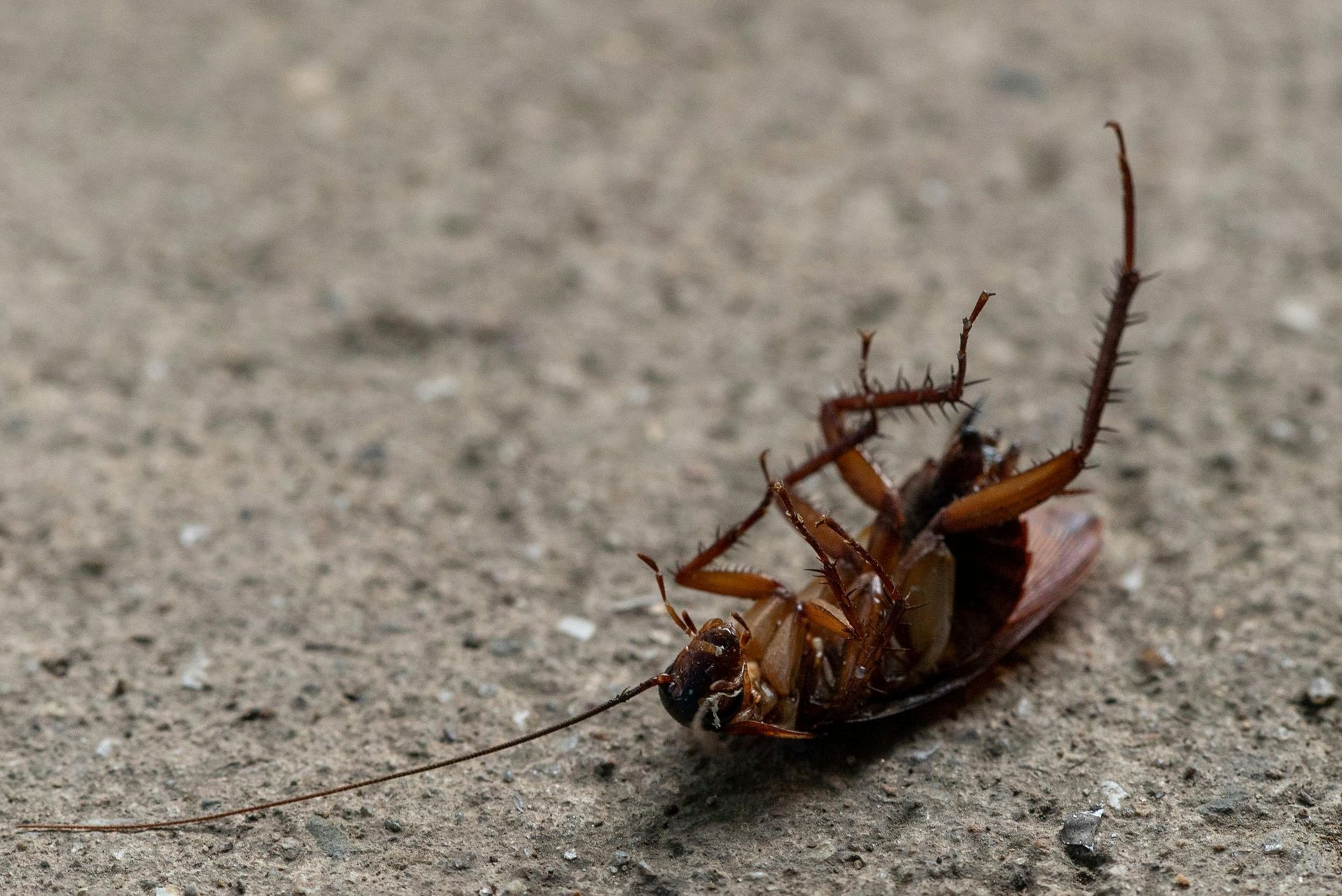
Of all the pests that can invade your home, few are as unsettling—and as stubborn—as cockroaches. These disease-spreading, fast-moving invaders are more than just gross. They’re incredibly resilient, notoriously hard to eliminate, and especially common in multifamily dwellings across Boston and the surrounding areas. If you’ve spotted even one cockroach in your kitchen, bathroom, or hallway, it’s time to take action—and not with a can of store-bought spray . Here’s why professional cockroach control is a must, especially in apartment buildings, condos, and townhomes.

It starts with a few itchy bites. Then maybe you spot a tiny brown bug on your mattress or a faint bloodstain on the sheets. Suddenly, you realize you might be dealing with… bed bugs . If your first instinct is to grab a spray or try a home remedy you found online— stop right there . When it comes to bed bugs, DIY treatments aren’t just ineffective—they can make things worse. Here’s what you need to know about these pests, why they’re more active in summer, and why calling Beantown Pest Control is the smart move.
